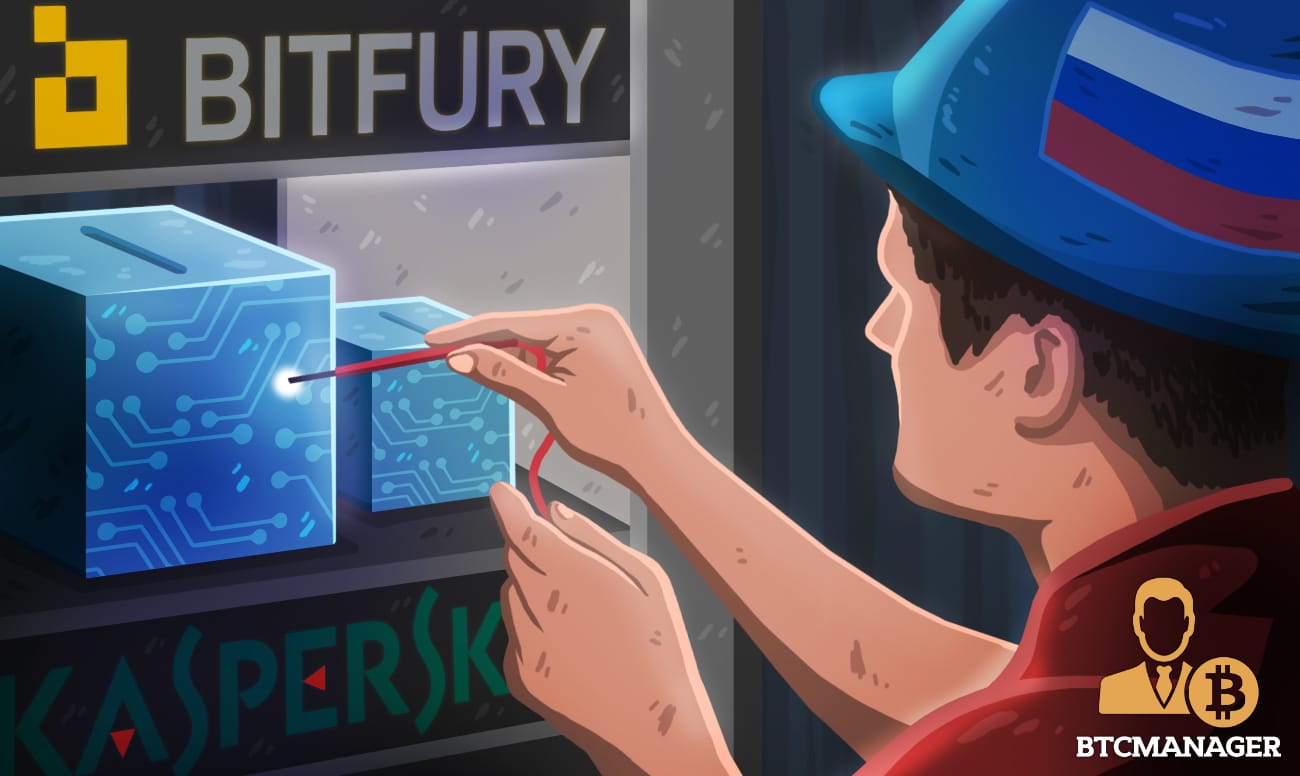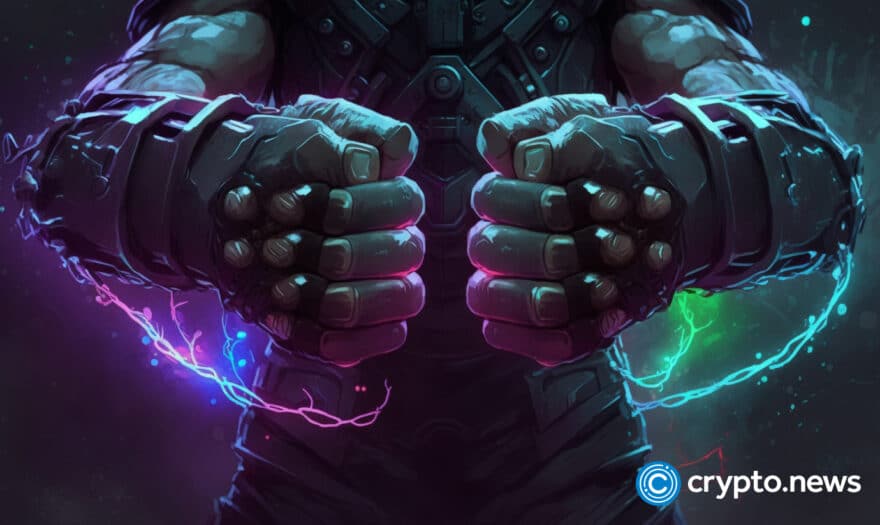Bitfury and Kaspersky Have Reportedly Partnered to Build Russia’s Next Public Voting System

Political and public consensus voting has a huge potential use case for blockchain technology, ever since the latter’s rise in popularity. Several governments around the world have tested or are testing voting via blockchain systems, with Russia the latest to join the fold.
Putin in the Crosshairs
As per Coindesk on June 9, the Russian government is turning to blockchain as a mechanism to decide the future of President Vladimir Putin. The 67-year-old has presided over the Soviet nation since 1998, save four years from 2008-12.
Documents show Russia will vote on changing the constitution last updated in July 1993. The issue in question is that of allowing any Russian president for a term longer than the current two consecutive six-year-terms.
The current system utilizing paper ballots, which, as any crypto fanatic would tell, are susceptible to fraud and vote damage.
But now, with the help of blockchain technology, voters in Moscow and Nizhny, two heavily populated Russian cities, will be allowed to cast their votes electronically and have their responses stored on a public ledger.
Moscow’s Department of Information Technologies is working on the technical solution and plans to deploy Bitfury’s open-source enterprise blockchain Exonum. The latter is a Bitcoin-focussed infrastructure provider with side-efforts in mining systems and blockchain expertise.
An official announcement on the topic reads:
“The blockchain technology is working in the Proof of Authority mode. A smart contract for the ballot ledger will be recording the votes in the system, and after the voting is complete it will decode them and publish them in the blockchain system.”
Both BitFury and the Moscow department did not make comments or published releases at press time. In addition, reports suggest Russian cybersecurity provider Kaspersky Labs provided some security inputs on the blockchain system.
Blockchain Voting not a Success
Despite the move, Moscow’s previous blockchain voting was not a success.
September 2019 saw blockchain-based voting for city council elections in Moscow. But, at the time, French security research noted the system could be easily hacked into, and the “offline” results were not synchronous with the blockchain inputs.
Meduza, a local Russian paper, said the relevant private keys could have been easily derived from publicly-broadcast transactions. The move caused data from over 12,000 voters records to be leaked and possibly tampered with, at the time.
Sergey Tikhomirov, a Russian blockchain researcher, was quoted by Coindesk:
“There was no technical way to observe it and the administrators of the voting could forge the data at any time. And, unlike with the paper ballots, in this case, the forgery leaves no traces.”














